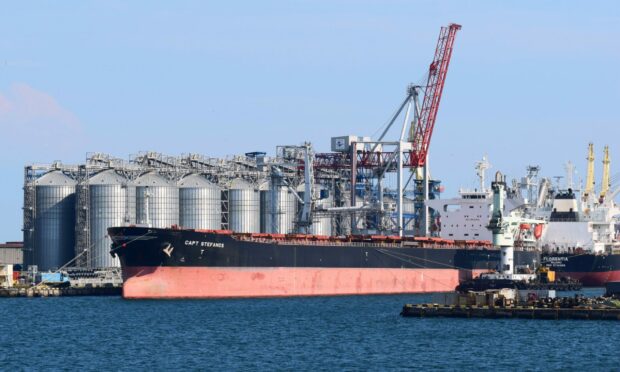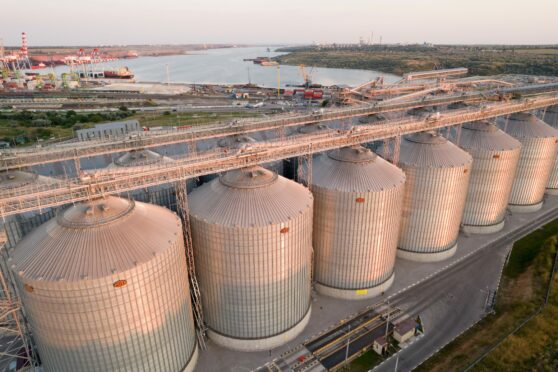In normal times farmers complain that the public and their political masters take for granted the vast range and choice of food that miraculously appears on their supermarket shelves every day.
However, the war in Ukraine has undermined the idea that unlimited cheap food is not a given. Rapidly rising food and energy prices have triggered a cost-of-living crisis that will see standards fall this year.
Recently the UN Food and Agriculture Organisation warned the world is facing a potential food crisis with soaring prices and millions in danger of severe hunger. Their chief economist claimed that the strain of the war in Ukraine could tip the global food system into disaster. And there is little prospect of the war ending and things getting back to normal.
Security
In Brussels last week food security dominated the conversations I had with politicians and European Commission officials who are all worried about the impact the war is having on food supply and prices.
At the meeting last week they explored every avenue to try to circumvent the Russian blockade of Black Sea ports that has left Ukraine unable to export last year’s wheat crop.
Normally, Ukraine ships more than 5 million tonnes a month but the Russian blockade has cut that figure by 90%. As a result, more than 20m tonnes of grain is jammed up in silos and the new season harvest is about to begin with nowhere to store it.
Last week the EU agreed to lift all tariffs and barriers to Ukrainian exports of grain, and they are trying to open new routes to move the old crop.
However, these efforts are struggling with trainloads of grain grinding to a halt at the border as Ukrainian train track is a different width than the rest of Europe.
Humanitarian
The other option being floated by EU leaders is to set up a special naval mission with warships being sent to the Black Sea to escort cargoes of Ukrainian grain. It would need to be set up under the UN as a humanitarian mission aimed at alleviating poverty and hunger in poorer countries who rely on imported Ukrainian grain to feed their people.
Putin has offered to open the key Ukrainian port of Odessa but only in exchange for the EU dropping its sanctions which EU leaders rejected out of hand. It is vital the West does everything in its power to make sure these initiatives work and break the stranglehold Russia has on Ukrainian exports.
Chatting to politicians in Brussels, what struck me was the impact the war was having on attitudes to the European Commission’s plans to reduce EU food production in pursuit of their net-zero targets.
With food prices at an all-time high many were now openly saying it is
folly to switch 25% of productive land in Europe over to organic production which will inevitably reduce output and lead to even higher prices.
Balance
That fundamental debate on how to balance the environmental goals of net-zero without sacrificing food production is the key question every farm minister around Europe is currently wrestling with. Yet here in Scotland that debate with government has not even begun.
How does the livestock industry meet the tough climate targets set by the Scottish Government without cutting cow numbers to achieve it?
How do you square the circle of doubling Scottish food exports while huge swathes of land are being lost to trees?
The Highland Show is just around the corner so let’s hope Scottish Rural Affairs Secretary Mairi Gougeon takes that opportunity to provide straight answers to these, and many other questions about the future for Scottish agriculture.
George Lyon is a former MEP and a former president of NFU Scotland. He is a senior consultant for Hume Brophy.

